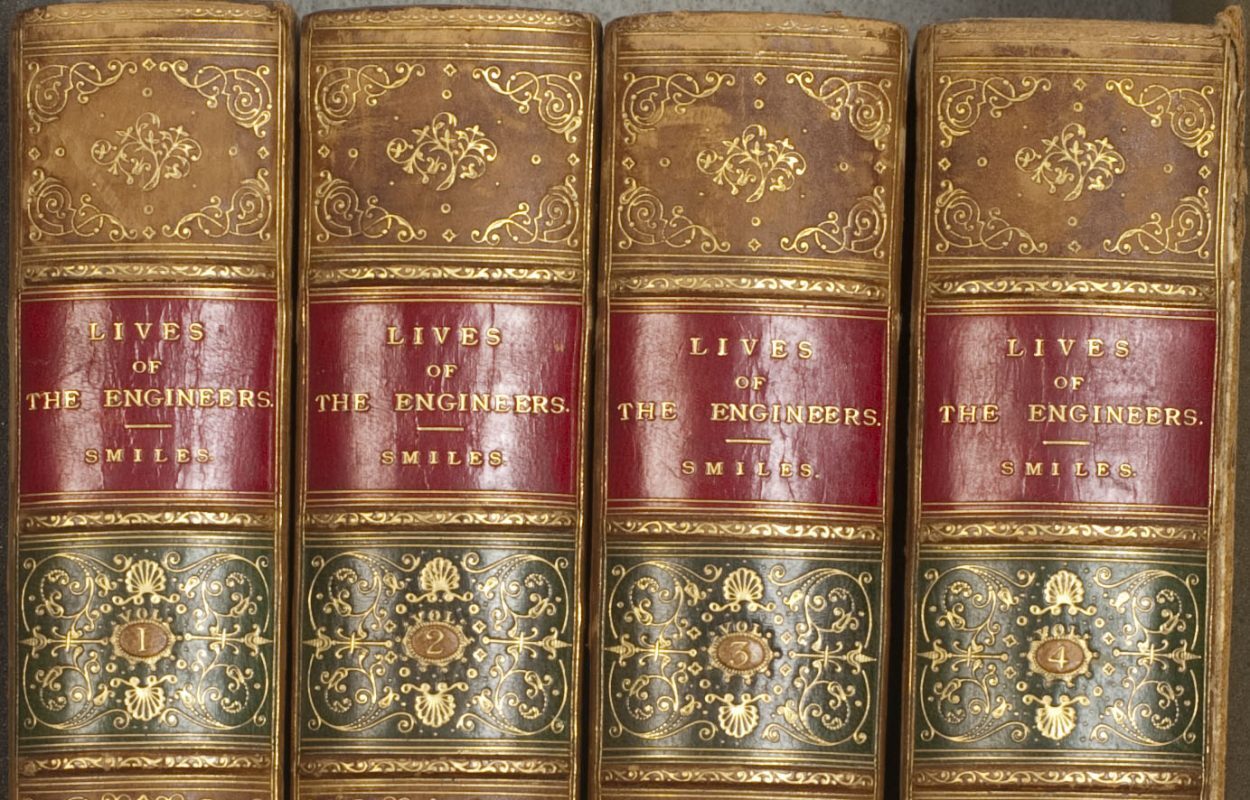Year 114 – 1974: Aiiieeeee! An Anthology of Asian-American Writers edited by Frank Chin, Jeffery Paul Chan, Lawson Fusao Inada, and Shawn Hsu Wong
Published: Washington, D.C., 1974 In 1973, there was no such thing as “Asian American literature.” It was not a category discussed by scholars, much less a genre known by writers, booksellers, and the reading public. Then came Aiiieeeee!, published by the Howard University Press in 1974. The title, a reappropriation of the stereotypical scream of “the yellow man” depicted in popular “white American culture,” was meant to represent the cry of “Asian America, so long ignored and forcibly excluded from participation in American culture.” The editors were four young writers and intellectuals who decided to reclaim the work of fellow […]
